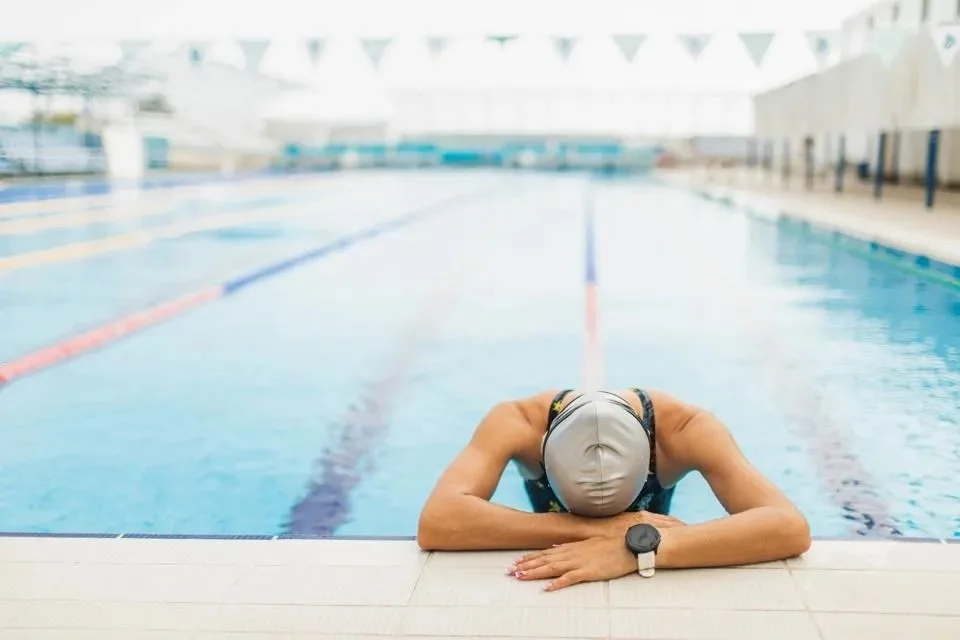Burnout in Athletes: What to Watch For And How to Respond
Athletes are often taught to push through discomfort. Grit and resilience are seen as part of the job, and success is frequently defined by how hard you can train, how often you can compete, or how much you’re willing to sacrifice. But when the drive to succeed consistently overrides the need for recovery, burnout can quietly take hold.
Athletic burnout isn’t the same as feeling tired after a tough week of training. It’s a deeper kind of exhaustion—physical, mental, and emotional—that can leave even the most dedicated athletes feeling numb, irritable, unmotivated, or detached from the sport they once loved. And it often goes unspoken. Because when high performance is expected, slowing down can feel like failure.
At Nashville Therapy Group, we work with athletes at all levels who are navigating the pressure, pace, and emotional intensity of competitive performance. We believe that tending to your mental health is not a weakness. It’s an essential part of showing up fully, in sport and in life.
What Burnout Looks Like in Athletes
Burnout doesn’t always arrive with a dramatic crash. It often builds over time, as chronic stress, unrealistic expectations, or lack of support chip away at your energy and sense of purpose. You might notice:
A loss of enjoyment or excitement in training
Increased fatigue, even with adequate rest
Trouble concentrating or staying focused
Mood swings, irritability, or emotional numbness
Persistent aches, tension, or illness
A sense of dread before practice or competition
Questioning whether you even want to continue
Some athletes also experience guilt or shame about these feelings, especially if they’ve been praised for their discipline or viewed as mentally tough. Therapy can help you understand that burnout is not a personal flaw. It’s a response to overload, and it deserves care.
Why Burnout Happens
Burnout is often the result of sustained pressure with too little recovery. It can stem from:
Overtraining without rest periods
Pressure to perform from coaches, parents, or peers
Internalized expectations to always improve or win
Injuries and the emotional toll of recovery
Identity fusion, when your entire sense of self is tied to being an athlete
Lack of emotional outlets or coping strategies
For student-athletes, there may also be added layers of academic stress and social isolation. For professional athletes, the stakes may feel even higher. Regardless of level, burnout is real and valid.
How Therapy Can Help
Working with a therapist who understands the performance world can make a significant difference. Therapy can support you in:
Naming and validating the experience of burnout
Exploring the emotions that surface when you slow down
Rebuilding self-worth outside of performance metrics
Learning to rest and recover without guilt
Developing coping skills for stress, pressure, and change
Reconnecting with your sport in a way that feels healthier and more grounded
You may not need to walk away from your sport to recover from burnout. But you may need to change how you relate to it, and to yourself.
Recovery Is Possible
Healing from burnout takes time, but it’s possible. It often involves reestablishing boundaries, tuning into your body’s signals, and allowing space for your emotional needs to be seen and supported. It might also mean exploring parts of your identity that go beyond performance and learning to value yourself not only for what you do, but for who you are.
You deserve a relationship with your sport that feels sustainable. You deserve support that sees the full picture.
We Are Here For You
High performance comes with high pressure. Whether you’re an athlete, performer, or professional navigating intense demands, you don’t have to carry it all alone. Our Sport & Performance Therapy program is designed to support your mental resilience, focus, recovery, and identity—on and off the field, stage, or boardroom. Our clinicians understand the unique challenges of high-performance environments and are here to help you perform, recover, and thrive in a way that aligns with who you are.
When you’re ready, reach out to us. We’d be honored to work with you.


